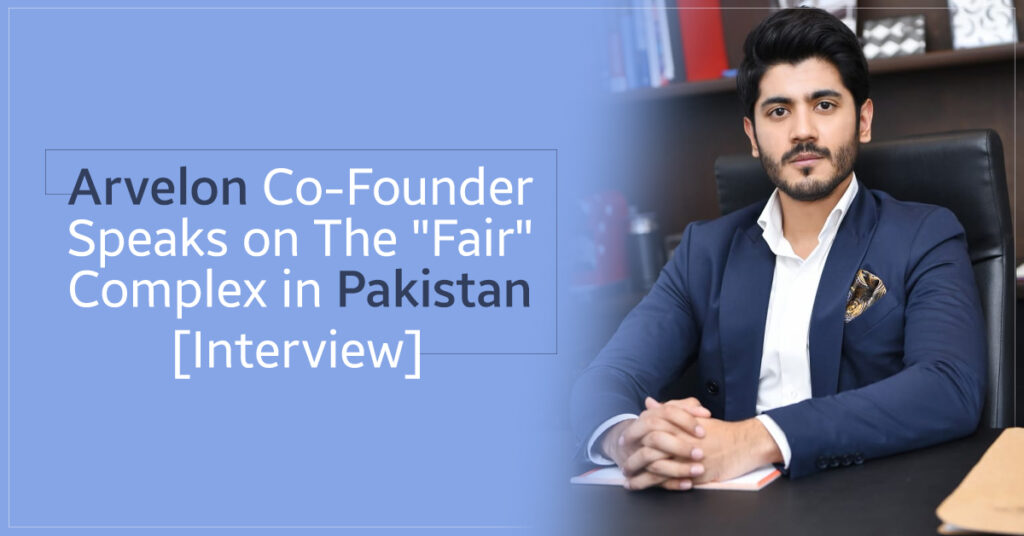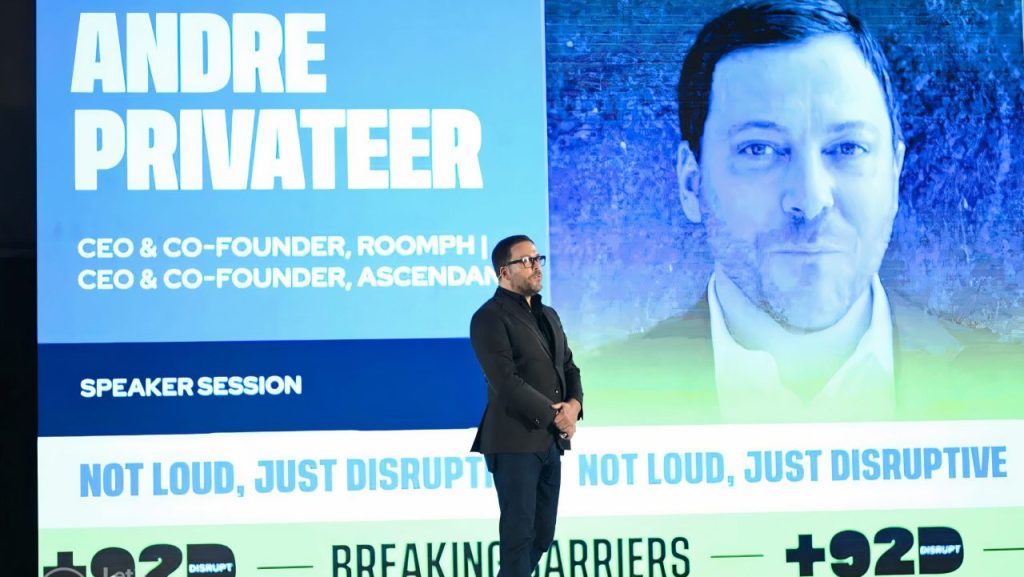- So now that the world is moving towards accepting their imperfections, mostly related to their skin, do you think that skincare companies had to step up their game as well?
I am happy to know that people accept their imperfections, more so than before. I believe there is beauty to them, and the purpose of beauty products is to help people feel their best self, confident and empowered. The end result is subjective, and I do think skincare companies need to step up their game in terms of how they shape the meaning of beauty for people through communication and also the product mix, both of which go hand in hand. You might have come across the age-old narrative that the social difficulties in a person’s life can be diminished using a wholesome fairness cream. I think we need to do better than that.
2. Do you think people have come out of the “fair” complexion madness and they are more concerned about having healthy skin now?
I think more and more people are shunning the societal preoccupation with fairness. The younger generation is the harbinger of this change and seeks to improve through healthier and more conscious practices, rather than radically change oneself. While we do see this transformation in certain clusters, I personally feel that it is not fast enough, and we find this complex to be much more prevalent outside metropolitan areas.
3. You, being a man, think you understand the concerns women have with regards to their skin?
No, I don’t, and neither should anyone else assume to understand the concerns of all women. What we set out to do, and continue to do so, was have real conversations with people through a multitude of channels to find out what they needed from their skincare regime. This is how we redid and adapted 13 products in December 2020 and also how we will gradually learn and scale. While the process is still far from complete, I believe the skincare industry can only become better if everyone makes an effort to talk to their customers and understand their ever-changing needs.
4. How difficult is it to step into a market that’s over-saturated with unhealthy and dangerous skincare products?
Oh, it can be difficult if you don’t have a cream that promises results in 5 days or even 7. Over time, people have been primed to seek quick fixes, often unaware of the harmful effects. We have come across complaints about not seeing results after 5 days of use. However, we believe in the merits of the long, healthy, and sustainable approach and the team goes to great lengths to educate everyone through direct conversations, marketing content, and free consultations. People are smart and gradually, they do start to see and appreciate the longer-lasting benefits.
5. Do you think laser treatments and surgical procedures are a better and safer option instead of spending on topical treatments?
Both types of treatments have their own places. In the last couple of decades, laser treatments have made great advancements, to enhance or repair skin, which were previously unattainable. However, the procedures are best considered are curative. Topical agents may be considered as first-line therapy for many skincare concerns, taking into consideration its effectiveness, ease of use, and cost. Combined topical and laser therapy is also effective, and may be considered as second-line treatment. If it’s an issue such as acne or pigmentation, it’s best to give topical treatments a solid chance to work for a few months, and if that doesn’t work, then proceed to more invasive treatment if need be.
6. As an entrepreneur what is the scope of skincare lines that are introducing safer ingredients or moving towards all organic products?
I think people are becoming increasingly conscious about their consumption, certainly not just in the West but also in Pakistan. With ever-increasing access to information, people have started to go behind just product names and dig into the ingredients and how they all come together. I believe there is an increasing scope for products that use higher quality and safer ingredients, which people are now able to justify spending a little extra on.
In Conversation with the Co-Founder Arvelon.




